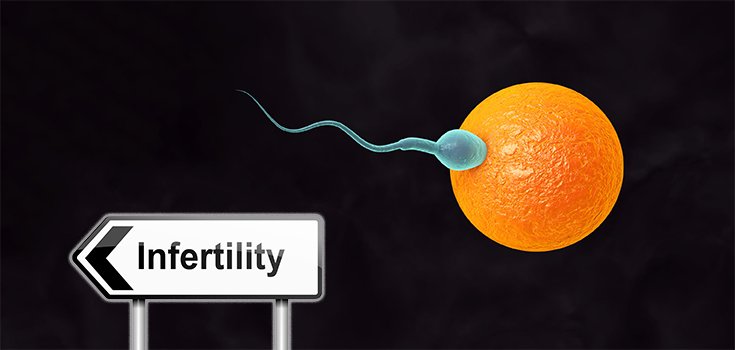Fertility Crisis: Men are Running out of Sperm Due to ‘Environmental Factors’

The past 15 years have been tough on sperm cells. Research shows that men are running out of the little swimmers, and the number of men seeking infertility treatment has increased 7-fold while the quality of their sperm has plummeted. This could be more than a slight problem for humanity.
Diving into this issue more, lead researcher Dr. Ashley Tiegs and her colleagues analyzed sperm samples from fertility centers in the U.S. and Spain between 2002 and 2017.
She said:
“Total motile sperm count has shown to be more productive of outcomes for pregnancy. It’s also been correlated with embryo development and expansion routes. We wanted to know if total motile sperm count was affected and if it is declining, then what are the implications?”
During the study period, sperm counts dropped and the number of men seeking infertility treatment soared from 8,000 to 60,000, the researchers observed. The study also found an increase in the rate of male-related IVF (in-vitro fertilization) cases.
The average age of men seeking treatment was 36.
Tiegs said:
“We weren’t expecting to find that, that the trend of sperm count declining has real treatment implications.”
Read: 3 Reasons the French Sperm Count Dropped by 1/3 in 17 Years
Iin 2017, researchers at Hebrew University and the Icahn School of Medicine released data showing a 59% decrease in sperm counts since 1973.
A total motile sperm count of over 20 million is considered normal by experts. Men with a total motile sperm count of between 0 and 5 million generally have to undergo IVF treatment if they want to conceive.
Tiegs linked the disturbing decrease in sperm count and quality to “environmental factors, like plastics and smoking and obesity.”
“We know obesity is on the rise, and it does affect sperm quality. It increases the risk of morbidity and mortality, but it can also affect offspring, too.”
For example, bisphenol-A (BPA), a chemical found in plastics, delivers a double-whammy in that it increases the risk of infertility in both males and females, and it has even been linked to obesity (which is also not helpful for fertility). Even more disturbing is the fact that BPA exposure during pregnancy can lead to fertility issues in male offspring.
Of course there are numerous other factors. You can do your best to avoid exposure to chemicals by avoiding plastics, buying organic foods, not smoking, choosing more natural household cleaners, and more.
Source:
[1] New York Post
